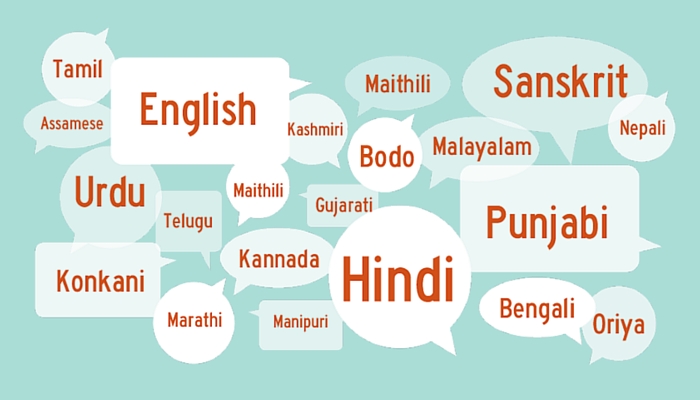Being part of the British Asian diaspora is a beautiful thing. Having been raised by Punjabi parents, I was fortunate to be intrinsically rooted to my South Asian origins whilst growing up in Western society. My Punjabi upbringing was filled with the smell of cumin and fried onions, the rough textures of the ornate embroidery and sequins on my mother’s salwar, a permanently stained turmeric spoon which is all too common in desi houses. Amidst all this, however, I can’t help but ask myself:
Can I really call myself Punjabi when I can barely speak the language?
Unfortunately, the use of Punjabi in my home was not nurtured. This wasn’t a deliberate act, rather it was due to my mother making use of English more when she migrated to England. As she mastered nuances, syntax and other aspects of the English language, this meant that the use of Punjabi in the household became much more diluted. However, I do not resent my parents for not instilling the importance of learning Punjabi as a child because the opportunities were there. I briefly visited a Punjabi school during my early secondary school years, only to feel uninspired by the mind-numbing repetition of the alphabet or “the five fruits.”
I saw learning Punjabi as a chore and something I didn’t appreciate enough to put the effort in to learn it. Now, at age 22, I long to be able to shake my former self and scream about the significance and beauty that learning your ancestral tongue brings. My heart feels heavy knowing that I cannot connect with my grandparents or relatives in India because, for a long time, I believed that English was the only language I needed for a stable self.
The ability to speak the language and mother tongue of one’s family is a marker of cultural identity. In one sense, language can be seen to act as a cultural artifact that reaffirms South Asian identity in a place far from South Asia. With this, my lack of Punjabi proficiency makes me feel as though an aspect of my cultural identity has been stripped away.
A peer-reviewed research paper that explored dual cultural identity stated:
“Young British South Asian adults find meaning and identity in the concomitant and meaningful interactions with their cultural and ethnic heritage as well as with their nationality and country of abode. As such, their sense of identity is informed by their ethnic inheritance in terms of customs, traditions, religion and language, and by their prerogative as citizens of the UK to draw on British norms.”
The significance of not speaking Punjabi has become particularly significant to me in the last few years because I’m in a long-term interracial relationship. While being British-Asian may potentially contribute toward distancing away from South Asian culture, being in an interracial relationship adds another complicated layer in relation to identity. The term “coconut” is one I do not want to be associated with. To be a coconut means to be visibly brown (by way of skin colour) on the outside, but white (by way of attitudes and beliefs associated with Caucasians) on the inside. In a time when the term is often used amongst South Asian peers, I have reflected on how being with a white man and not being able to speak Punjabi could possibly lead me to receive this “coconut” status.
Being in a relationship, I have naturally thought about what it would mean to have a mixed-race child. I think about the importance of mixed-race children being able to navigate their dual heritage. I want my child to be grounded in what it means to be Punjabi, and I understand the importance of learning my ancestral tongue in relation to this. Part of me feels like I have a duty to possess the language skills that can be passed on to the next generation. While I hope Punjabi schools will continue to exist for the next generation of the Diaspora, identity formation begins in the home. I want my child to be enriched by the Punjabi language alongside others Punjabi customs, providing a whole picture of what it means to be part of the Diaspora.
The importance assigned to learning your ancestral tongue raises the question: What does it actually mean to retain a sense of cultural heritage? Whether it be food, religious practices or foreign films, the boundaries of identity can be defined on individual terms. For me personally, the value I attribute to the Punjabi language derives from the lack of my own bilingual skills. I hope to be able to find the time and resources to work on this in the future.





